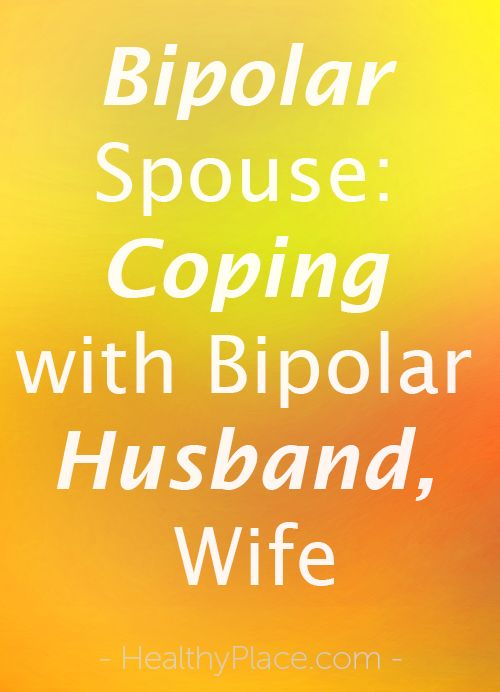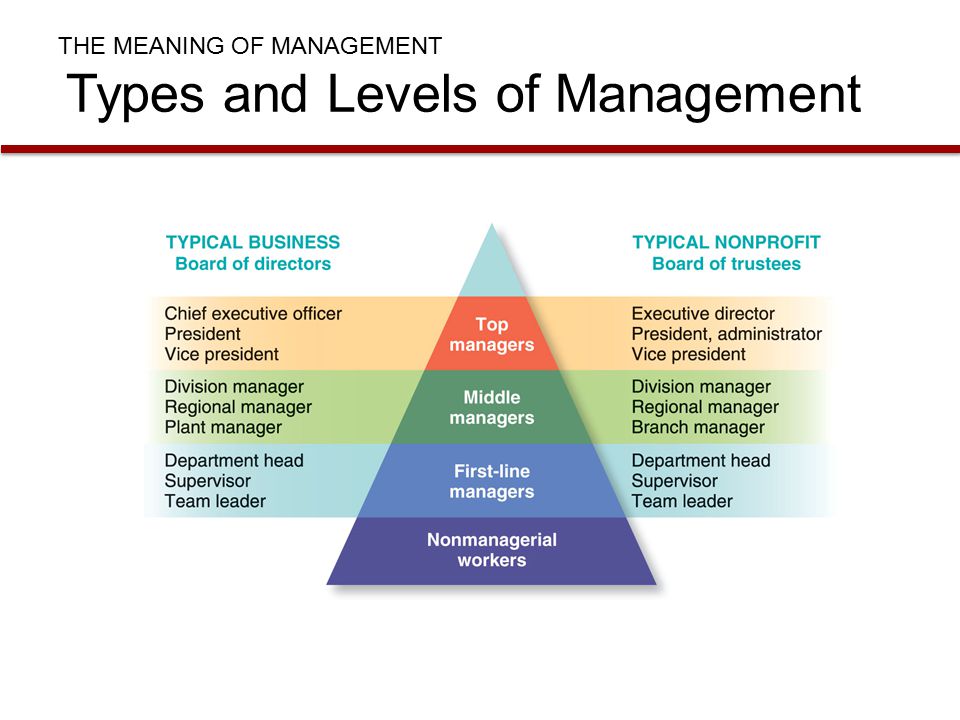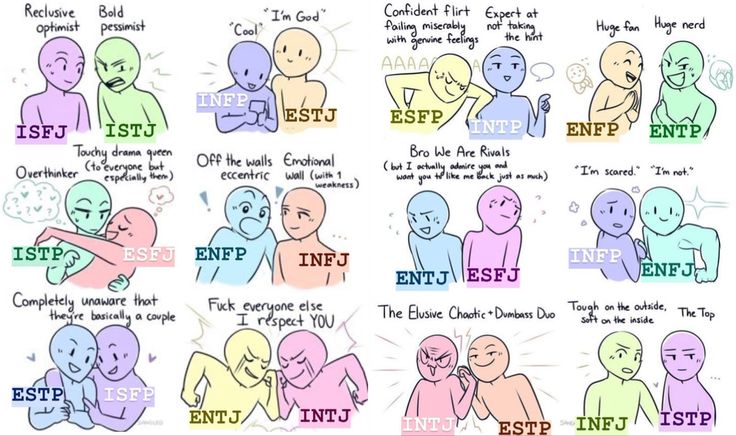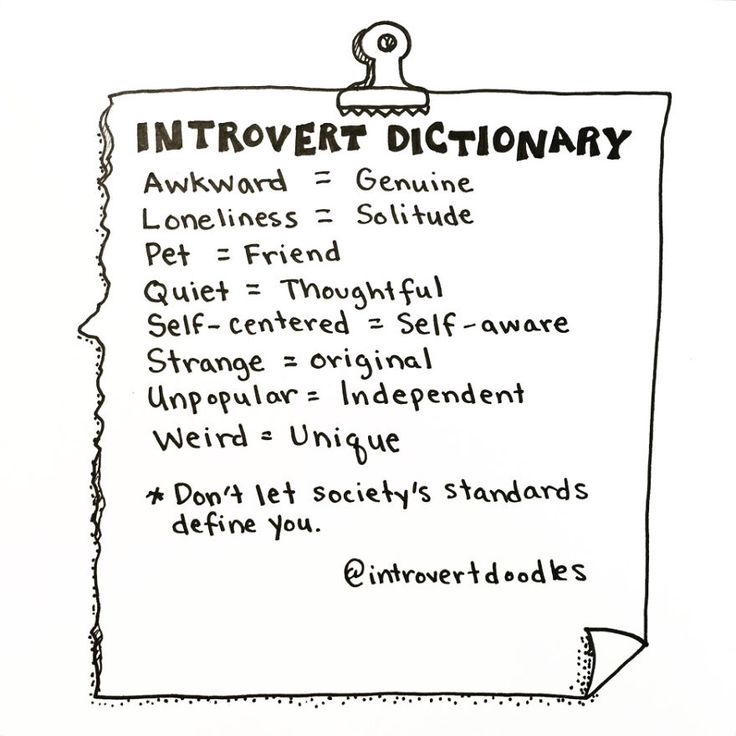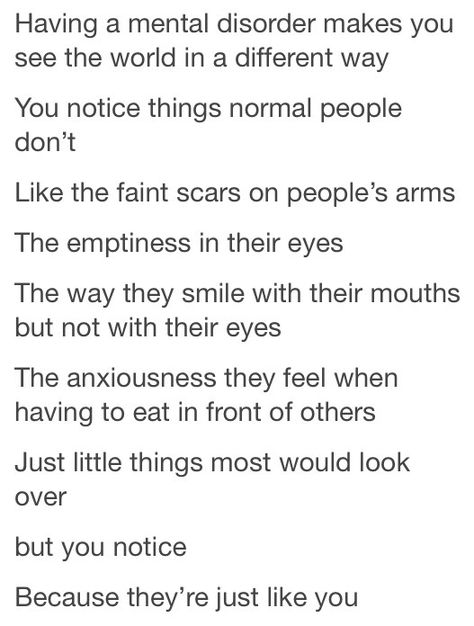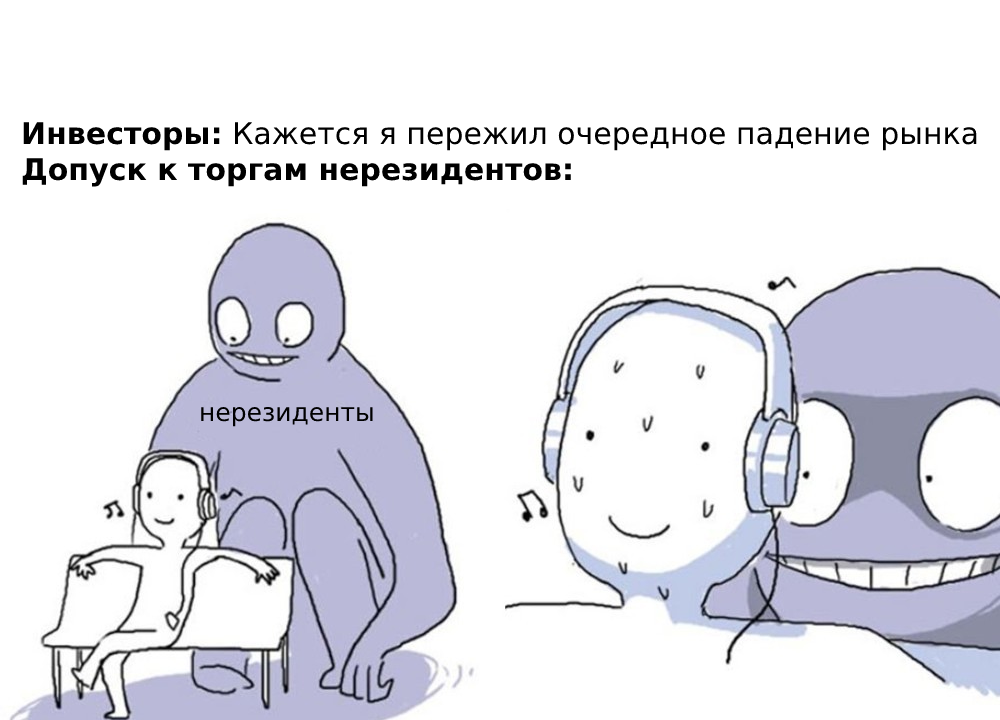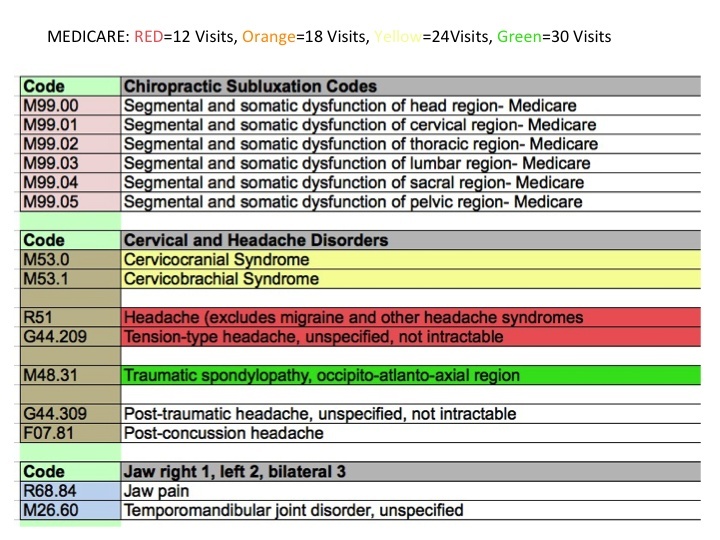I have trust issues for no reason
Do I have trust issues? Getting over trust issues in a relationship
Trust issues are characterized by fear of betrayal, abandonment, or manipulation. And this fear is often triggered as a result of betrayal (such as infidelity), abandonment (think: leaving a child or foregoing a relationship with them), or manipulation (for example, dishonesty or gaslighting).
If you’re reading this, it’s possible that someone you trusted — a partner, a parent, or even a doctor — mistreated you or let you down. And as a result, you struggle to trust others. Or, in other words, you have trust issues.
Many people can pinpoint the event or relationship in question, but others struggle. And most (if not all) struggle to overcome their trust issues. However, it isn’t impossible. If you’re struggling with trust issues, you can work to trust again by following a few steps. But first, let’s start from the beginning: What exactly is trust?
What Is Trust?Trust is the belief in the reliability and truth of another person. It’s how we subjectively measure the integrity and honesty of others — those who can be counted on to do what is right. However, sometimes we aren’t certain who to trust, how much to trust, and when not to trust.
To recap what we said earlier: When someone has trust issues, they have an extremely difficult time trusting others — and often because someone has betrayed their trust in the past. Here are additional signs and symptoms of trust issues:
- They assume betrayal. Those with trust issues assume someone has betrayed their trust even if they have no rightful reasoning.
- They anticipate betrayal. People with trust issues often assume someone will betray them soon enough, despite how honest they have been in the past.
- They’re overly protective. Those with trust issues are usually very protective of their loved ones, out of fear that they will become disloyal.

- They distance themselves from others. People with trust issues decide it’s best to limit their relationships to avoid betrayal or abandonment.
- They avoid commitment. No matter how much they care for someone, people with trust issues refuse to commit.
- They refuse to forgive (even the smallest mistakes). Those with trust issues are quick to make a big deal out of nothing — it’s the end of the world if someone makes the slightest mistake.
- They’re excessively wary of people. People with trust issues are extremely cautious and suspicious of everyone they meet.
- They feel lonely or depressed. Those with trust issues isolate themselves from others and feel lonely or depressed as a result.
Earlier, we said that trust issues are often caused by an act of betrayal, abandonment, or manipulation. But what are the most common examples of these wrongdoings that lead to trust issues?
But what are the most common examples of these wrongdoings that lead to trust issues?
- Infidelity: Again, infidelity is an example of betrayal that can trigger trust issues. Many people view this as the ultimate form of betrayal. While it’s possible to repair a relationship after infidelity, often the relationship ends and the victim of the infidelity develops trust issues, which impact future relationships.
- Manipulation or mistreatment: If a past partner or loved one manipulated or mistreated you, you’re also at an increased risk for trust issues. Examples include dishonesty, gaslighting, passive-aggressive behavior, and keeping you isolated from others.
- Childhood trauma: Adverse experiences in childhood are also likely to cause trust issues. Examples include abuse or abandonment (by one or more caregivers).
- Other forms of trauma: Trauma later in life can also lead to trust issues.
 For example, you might struggle to trust healthcare professionals because of a firsthand or secondhand traumatic experience with a previous doctor. Think: Getting misdiagnosed with a serious illness.
For example, you might struggle to trust healthcare professionals because of a firsthand or secondhand traumatic experience with a previous doctor. Think: Getting misdiagnosed with a serious illness. - Parental divorce or conflicts: If you have divorced parents, you may also be more likely to develop trust issues, especially in your romantic relationships. On the other hand, if your parents argue(d) a lot and you’ve witnessed an up and down relationship, you might’ve developed trust issues as a result.
Once someone experiences a betrayal, their trust issues may impact their ability to avoid internalizing that experience—they may blame themselves, and feel less confident in the future. This can impact their ability to trust because they may feel “undeserving”, and instead of fostering a healthy connection, a person with trust issues may be constantly on guard, waiting for the other shoe to drop, so to speak.
The Importance of Trust in Romantic RelationshipsIn most cases, our romantic relationships suffer the most from our trust issues — whether they’ve resulted from betrayal in a former romantic relationship or not. Why? Intimate relationships are based on honesty and openness. The trust that partners have in each other is the glue that binds the relationship, providing a positive emotional connection that’s rooted in affection, love, and loyalty.
Why? Intimate relationships are based on honesty and openness. The trust that partners have in each other is the glue that binds the relationship, providing a positive emotional connection that’s rooted in affection, love, and loyalty.
A common cause of trust issues is infidelity. If a partner in a relationship has an affair, the deception and betrayal of trust can be more damaging than the actual affair. The lying erodes the belief in the other person, and the reality is that the partner has another aspect of their life that they’ve kept secret. A person who didn’t develop trust as a child will feel especially vulnerable to infidelity and deception by somebody they loved.
Is Having Trust Issues a Mental Illness?Having trust issues as a singular issue isn’t a mental illness. However, it can be indicative of an actual mental health condition, particularly:
- Anxiety disorders, especially PTSD
- Borderline personality disorder (BPD)
- Paranoid personality disorder (PPD)
- Bipolar disorder I or II
These conditions may cause trust issues in relationships because of the way certain cognitive distortions, irrational beliefs, or mood swings may unrealistically change someone’s perception of reality and interpersonal relationships. What can be particularly damaging, though, is when a person with a mental health condition that causes trust issues is hurt by a loved one’s deception. This can affirm their negative bias and make it even harder to emotionally and socially connect with other people, even if they desire to do so.
What can be particularly damaging, though, is when a person with a mental health condition that causes trust issues is hurt by a loved one’s deception. This can affirm their negative bias and make it even harder to emotionally and socially connect with other people, even if they desire to do so.
Pistanthrophobia is the fear of trusting people or forming significant relationships with them. While it’s not a recognized mental health condition in the DSM-5, pistanthrophobia, like other phobias, causes significant mental and emotional distress and usually detracts from the sufferer’s quality of life in a significant way.
Are Trust Issues a Red Flag?Trust issues can be a sign that someone has experienced a significant amount of trauma — but that doesn’t mean that they aren’t working through their past experiences. Trust issues in a relationship can be hard for both partners to overcome, but with adequate support and communication channels, people with trust issues can have healthy, successful connections with partners — that aren’t ruled by their past.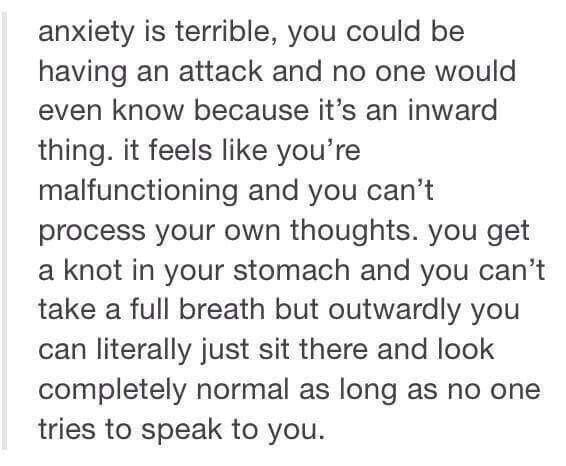
Dialectal behavior therapy (DBT) is an effective treatment method for people who are noticing continued trust issues in relationships. So for those wondering how to fix trust issues, finding a mental health professional that they can connect with and receive DBT from is the first place to begin. Partners can also benefit from couples or marriage counseling, where they’ll learn new ways to empathize, communicate, and resolve differences and conflicts.
But even before beginning counseling or another form of mental health treatment, there are smaller, personal ways in which someone with trust issues in a relationship can begin to find healing.
How to Get Over or Overcome Trust Issues: 8 TipsKnowing how to fix trust issues isn’t always simple. If you have trust issues and it’s hindering your ability to build happy, healthy relationships or it’s hindering your life in another way, then it’s time to make a change. Follow these steps if you’re wondering how to fix trust issues and take your relationships to the next level.
Follow these steps if you’re wondering how to fix trust issues and take your relationships to the next level.
None of us are perfect — we let people down. Therefore, you must accept the risk that comes with trusting; the reality is that you’re going to be let down at some point or another. But that doesn’t mean your relationship with that person is or should be over. It’s about setting and communicating the right expectations as well as boundaries.
2) Learn how trust works.Some people trust until they have a reason not to — others don’t trust people until that trust is earned. It’s up to you if and when you choose to trust someone. It’s perfectly okay to wait for someone to earn your trust before deciding you can rely on them. Especially if you’re recovering from past betrayal.
3) Take emotional risks.At some point, you’ve got to just jump in head-first. Allow yourself to be vulnerable and choose to trust (whether it’s at the beginning of a relationship or after they’ve earned your trust).
Remember, trust issues often stem from a past betrayal. If you aren’t sure why you have trust issues, do some soul-searching. Think about any past experiences that may have caused your trust issues. It’s crucial that you understand why you’re scared and what you’re scared of, so you can move on. If you need help doing this, consider working with a counselor.
5) Communicate honestly and often.Poor communication is one of the main reasons that marriages and other relationships deteriorate. Do your part, and continue to be honest with the people in your life. Also, talk to them about your hesitancy to trust.
6) Be mindful of your relationships.Each one of your interactions works to build trust. Start tuning into these interactions and consider why someone (whether it’s your new doctor, partner, or co-worker) might deserve your trust.
7) Consider those you do trust and express your appreciation.
Friends and family members who have always been there are easy to take for granted unless you make a conscious effort to show them your appreciation. When you have a problem, those are the people you can trust to be a support network. In addition, you can learn a lot about who, what, why, and how you trust from these relationships.
8) Try and trust again.If you fail and resort back to distrusting tendencies, try again. Trust again. Keep putting yourself out there.
Trust Issues: Common Signs, Causes & How To Heal
What are trust issues?
There is no universal definition of trust, however it involves your willingness to embrace the advice from others. When people betray your trust, you may become skeptical of others and develop trust issues.
1.
Avoiding commitment
According to licensed psychologist Nicole Beurkens, Ph.D., folks with trust issues will often have difficulty with commitment. This comes from a fear of opening up and being seen, notes couples' therapist Michael Moran, LCSW, CST, because when you experience trust issues, the possibility of a trusting and fulfilling relationship can seem out of the question.
This comes from a fear of opening up and being seen, notes couples' therapist Michael Moran, LCSW, CST, because when you experience trust issues, the possibility of a trusting and fulfilling relationship can seem out of the question.
Advertisement
This ad is displayed using third party content and we do not control its accessibility features.
2.
Assuming people are doing things to hurt you
People with trust issues, according to both Beurkens and Moran, will also work from the assumption that people are intentionally doing things to hurt them. It can be hard to accept kind gestures, compliments, or love, in general, because you just can't believe they're genuine and not a guise for ulterior motives.
3.
Isolating yourself from others
As a result of the assumptions and commitment-phobia, many people with trust issues will withdraw at the smallest sign of trouble, Moran says. Once you have it in your head that you can't trust people, it makes cultivating new relationships less of a priority--and perhaps something to actively avoid altogether.
Advertisement
This ad is displayed using third party content and we do not control its accessibility features.
4.
Being overly secretive about yourself
When you do interact with people, even those you're close with, you may be overly secretive about yourself. "The underbelly of this is often 'I'm scared I can't be myself with you. I'm scared that you're not gonna accept me for who I am. Or I'm scared you won't let me in,'" Moran says.
5.
Picking fights
When we feel distrusting and assume the worst, it can often result in being reactive and picking fights, even over petty things. "Think of [the reactivity] as what is seen above the waterline," Moran notes. Under the surface, trust issues fester, manifesting in big and small ways when we feel our trust is being violated. "It informs who they are, and that impacts the partner," he adds.
Advertisement
This ad is displayed using third party content and we do not control its accessibility features.
6.
Feeling overprotective
Trust issues may cause you to feel overprotective and hypervigilant, Beurkens notes, both of yourself and who you're close to. You may always be on the defense and imagine worst-case scenarios in your relationships, or experience catastrophic thinking if you feel someone is trying to trick you.
7.
Reluctance to open up
Trust issues can make it difficult for someone to open up. "If things happen in the relationship and who I am isn't fully welcome or mirrored back to me," Moran says, "of course we start to contract." You may feel that who you are won't be accepted or valued, even if there has been no reason for you to feel that way with a particular person.
Advertisement
This ad is displayed using third party content and we do not control its accessibility features.
Trust issues develop as a result of our past or present experiences. Our childhood, specifically our relationship with our parents, can play a particularly big role in how we approach relationships today.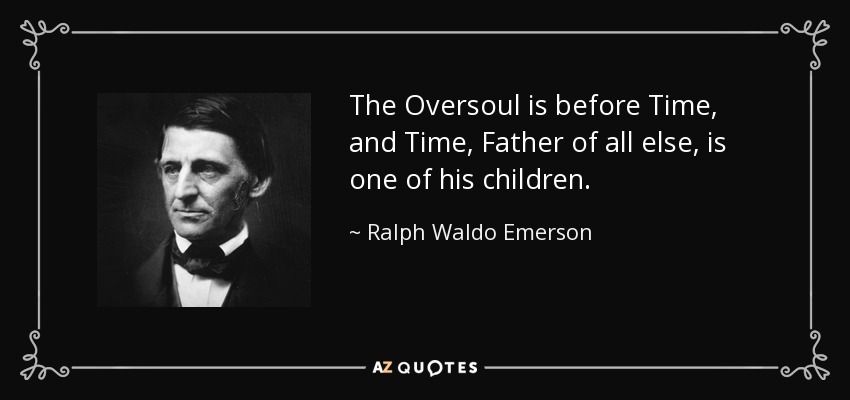 This is the basis of attachment theory. Beurkens notes that if someone experienced betrayal, abandonment, or harm when they were young, this can lead to trust issues as an adult.
This is the basis of attachment theory. Beurkens notes that if someone experienced betrayal, abandonment, or harm when they were young, this can lead to trust issues as an adult.
"We all have vulnerabilities from childhood because the human experience if flawed," Moran adds. For example, "Someone who was raised with a father who was very distant learned this person who was 'god'—our parents are god to us—isn't really emotionally available." And that sticks with us, sometimes forming what's known as an insecure attachment style.
Beurkens adds that trust issues "can also develop as a result of being betrayed or hurt in relationships as an adult, including friends, family members, and/or romantic partners."
As such, infidelity is a common cause of trust issues. Being cheated on, or any number of scenarios that break your trust, can cause attachment injuries, Moran explains. "A real attachment injury ties right to trust: Something happens in the relationship where the hurt partner decides on a certain level, 'You're unsafe, and I can never trust you again. '"
'"
Summary
Trust issues can develop as early as childhood, specifically the relationship with our parents. Trust issues can also develop as a result of betrayal or infidelity in relationships.
With a little patience and willingness to accept risk, people can overcome trust issues:
1.
Process past hurts
"Awareness that trust issues are present is an important first step," Beurkens says. "It is also valuable to process betrayals, hurts, and other origins of trust issues in order to come to a better understanding of them and not continue reliving those situations in current relationships."
Moran and Beurkens both note that therapy may be a necessary step if your wounds run deep and trusting is a challenge, "although some people can successfully process past hurts and rebuild trust via books, online support groups, etc.," Beurkens adds.
2.
Get comfortable with risk
A big portion of the work when it comes to trust issues is learning to get comfortable with risk. "Everyone makes mistakes," Beurkens says, "and everyone will let you down at some point. That doesn't mean they can't be trusted." And on top of that, "recognizing even if you are hurt by someone, you can feel that deeply but still move forward and have other healthy relationships in your life," she adds.
"Everyone makes mistakes," Beurkens says, "and everyone will let you down at some point. That doesn't mean they can't be trusted." And on top of that, "recognizing even if you are hurt by someone, you can feel that deeply but still move forward and have other healthy relationships in your life," she adds.
Mindfulness can be a good practice to help you stay in the present, and "learn to more objectively evaluate what is happening now, and not be swept away emotionally by assumptions," she says.
3.
Work together as a couple
If you're in a relationship already, make sure your partner is involved so they can support you through your healing process. For couples to bridge the gap from mistrust to trust, Moran notes, both partners need to be accessible, responsive, and engaged (or "ARE," as he likes to call it).
Trust is a huge factor in the foundation of every relationship, romantic or not. When we can't trust those closest to us, it can feel incredibly isolating and lonely. But it is possible to overcome trust issues so your relationships with those you love can flourish.
But it is possible to overcome trust issues so your relationships with those you love can flourish.
Where trust problems come from in relationships and how to get it back
October 11, 2021 Relationship
Apologizing doesn't always make it right, and the process of rebuilding trust can take months or even years.
Strong relationships are always built on trust. It doesn't matter how willing we are to open up to other people. If trust is lost, our inner sense of security is threatened. We begin to doubt ourselves and our partner, his honesty, feelings, motives, actions.
Lies and secrets affect relationships not only with a partner, but also with family, friends, close people. We start building walls of distrust, hoping to protect ourselves. But this is not the only problem.
How trust problems manifest
Distrust
We find it difficult to open up to others for several reasons.
If a person has experienced betrayal in a past relationship, he may be especially prone to distrust others. Unprocessed anger and pain can make us look for a double bottom where there is none, or subconsciously attract unreliable partners.
Unprocessed anger and pain can make us look for a double bottom where there is none, or subconsciously attract unreliable partners.
Sometimes distrust starts in the family. If relatives abuse alcohol or drugs, or there are a lot of secrets in the family about which they lie and are silent, the child may stop trusting not only parents, but also his own understanding of reality.
Usually dad and mom don't talk about what's going on in the hope of protecting the children. But everything is quite the opposite - a lie confuses a child who feels that adults are not saying something.
Sometimes parents deliberately hide the truth, trying to impose their own vision of the situation or hide guilt and shame for what happened. Some fathers and mothers may even blame children for family failures. Such situations further undermine the child's trust in the world around him.
At the same time, even the most seemingly small things can negatively affect the understanding of trust — when parents do not keep their promises, do not pick up the child from kindergarten or school on time, and come up with a constantly changing system of punishments.
Indifference, betrayal in the family, physical or emotional abuse - all this also undermines the inner sense of trust in the world.
Excessive trust
The encounter with abuse and psychological trauma lead not only to distrust, but also to excessive trust. Some people even experience both of these scenarios.
There are other factors that cause a person to trust others too much, and which can manifest themselves both separately and together. Among them are the idealization of a partner, dependence on relationships or the desire for them to be trusting.
Despite the fact that the family can seriously undermine trust, the childish desire to open up to others does not go anywhere. This subconscious yearning for truly meaningful relationships leads the person to project trust onto the wrong people in an attempt to create an almost familial feeling of intimacy.
Add to this relationship addiction and a desire for care, and here we are already denying obvious arguments and signals and doing our best to continue to believe in a person who constantly undermines our trust.
In addition, when parents deny the reality of the child, he ceases to pay attention to his feelings and intuition. All this leads to excessive trust, especially in relation to loved ones.
How to regain the trust of a loved one
Unfortunately, you can't go into the past and change family relationships. But if we have betrayed or violated the trust of a person dear to us, it is still possible, although difficult, to turn the tide. The main thing is to approach the issue as gently and accurately as possible.
Broken trust cannot be restored by simple apologies, and explanations and excuses can even worsen the situation. There are seven steps you can take to try to rebuild a close relationship:
- Listen carefully to your partner.
- Let his feelings go through you.
- Ask what can be done to never betray his trust again.
- Try to do everything possible to regain the trust of a loved one.
- Take responsibility for your actions: do not blame others and do not ignore problems.

- Sincerely apologize.
- Continue to have an open and honest dialogue.
The last point is especially important. It is worth asking your partner how best to make amends and what to do so that this situation does not happen again. These questions will help your loved one feel that their emotions and needs are being respected.
When it comes to serious betrayal, you will have to discuss the relationship and decide if it can be saved and how to do it.
If it is not possible to restore trust through dialogue, the problem recurs, or the matter concerns infidelity, it is worth contacting a specialist. It will help partners open up to each other and find the source of the problem. Seeking help outside of a relationship is not a weakness. On the contrary, it shows a willingness to work on the union and strengthen it.
Loss of trust is a real test for a relationship. At first, it may seem that the partner has forgiven and everything has returned to normal.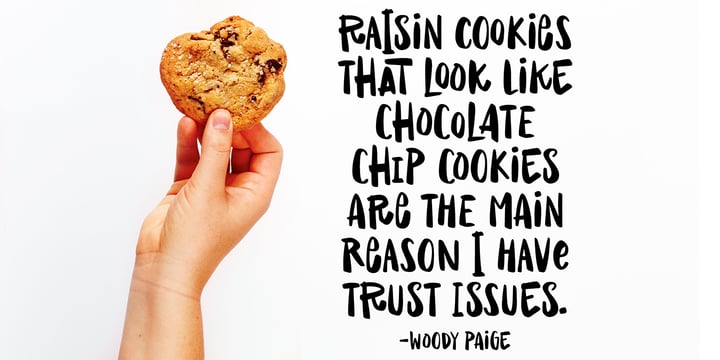 In fact, a loved one may still be tormented and worried about what happened. It can take months or even years to fully heal. Be there and help a loved one heal wounds.
In fact, a loved one may still be tormented and worried about what happened. It can take months or even years to fully heal. Be there and help a loved one heal wounds.
Read also 🧐
- 10 tips to strengthen relationships
- How to forgive a loved one and start trusting him again
- Why we don't trust people and should we start
10 signs that you have trust issues. Ways of healing.
« Tell people that there is an invisible man in the sky who created the universe, and most will believe.
Tell them the paint isn't dry and they stick their finger in it to make sure. »George Carlin
Distrust can be the #1 barrier to relationships, warmth, and intimacy with people. When you have a trust problem, you can't express yourself or be sensual in a relationship. This article provides an overview of the signs and symptoms of trust issues and points out ways to resolve them.
Overcoming mistrust will be a difficult process. If you have trust issues, it means that there was a trauma in the past. The problem of trust is reinforced by the fear of being betrayed, humiliated, insulted, used. These feelings can seem overwhelming.
The issue of distrust is based and shaped by real life experiences that probably originated in childhood, although this is not always the case. Some in adulthood experience terrible betrayals and pain from others. Distrust is a natural defense mechanism.
Why is it so hard to let go of distrust?
The reason that stands at the head is prejudices (beliefs).
Prejudice (prejudice) is the constant suspicion that people are going to hurt, hurt in some way.
Joshua Colman deals with wariness in one of his writings on trust and betrayal. Colman talks about how hypervigilance comes after betrayal and is built into us evolutionarily to keep us from falling into another betrayal. The downside of this alertness is that it keeps us isolated from other people.
You are looking at signs. You play a movie in your head of how someone is going to take advantage of you. You predict, predict betrayal. Fear and expectation of pain revive distrust and make it meaningful.
Unfortunately, mistrust inevitably turns into self-sabotage, self-sabotage. For example, when you do not trust, you do not communicate with other people. Communication only on the network, deprives the chance to meet people in reality, the opportunity to form friendships, as well as intimate relationships, this can be called self-deprivation.
Lack of self-confidence, lack of self-confidence, missed opportunities, loneliness, and even social anxiety are the result of a form of self-sabotage that persists and does not disappear. You have your own reasons for self-sabotage, because of a real-life trust issue.
Overcoming mistrust requires seeing events and phenomena differently.
To see the problem of distrust not as self-defence, but as self-flagellation. Such a vision is one way to motivate yourself to work through this feeling. It's not always easy or obvious. The pain you have experienced is real and it means that there is an opportunity to experience this pain again. Worse, if you anticipate deceit and betrayal, then you are likely to be hypersensitive to it.
Such a vision is one way to motivate yourself to work through this feeling. It's not always easy or obvious. The pain you have experienced is real and it means that there is an opportunity to experience this pain again. Worse, if you anticipate deceit and betrayal, then you are likely to be hypersensitive to it.
Understanding the various signs of trust issues is the starting point for a solution.
10 signs of trust problems
1. You predict without evidence how people will betray you.
If you associate with someone who has deceived you, then the lack of trust in this person is an adequate response. You should act out of the awareness of his possibilities to be insincere.
However, many of us have trouble trusting people who have not shown any signs of insecurity. Still, we expect deception. Why? Trust issues from past experiences spill over into prospective future relationships, infecting them.
2. You trust people who, for objective reasons, should not be trusted.

It's illogical, but it happens all the time. When you have trust issues, you can often trust those who are most likely to take advantage of you. Trust issues at this point become an emotional self-fulfilling prophecy that unwittingly confirms how untrustworthy people are.
3. You trust people too quickly.
It may be due to a self-fulfilling prophecy, but it may also be due to a lack of understanding of how trust works. Trust is deserved. As an adult, you start relationships with an open mind and expand your trust in people as they build relationships with you.
If you are not very experienced in building trust, you may mindlessly push the boundaries of trust.
4. Share without caring.
Burnt trust - to share without care. This can feel like emotional masochism. It takes trust to open up and share your thoughts and feelings. Trust issues predict that other people may use your inner feelings against you at some point, so it's best to be protected.
5. Your relationships are superficial.
You may be a deep-thinking and feeling person, but your relationships are marred by trust issues and will be superficial. You will “protect” your soul, or rather your personality, and not share in such a way that your relationship will be based on easier, less threatening communications about third-party things.
6. Emotional self-giving? Oh no!
Trust issues dictate living in a world of expected loss. Your relationship does not feel strong and secure. On some level, you believe betrayal is inevitable. This makes emotional fixation difficult. You don't want to get attached because you already "know" that you will lose it.
7. Genuine mistakes are seen as terrible breaches of trust.
We all know that people are not perfect. If you have trust issues, you are not able to be tolerant and tolerate the imperfections of other people when you see their mistakes.
For example:
- If a person is late, he is hiding something from you.

- When a person speaks loudly, he secretly hates you.
- If he is unable to speak now, this person is rejecting you.
- When a person won't let you look at their phone, they have a secret lover.
- If a person doesn't want to have sex today, they don't want you anymore.
8. Others may see you as you when it is impossible to please or unforgive.
Your distrust problem affects more than just you. It dictates how you react to others. When you are difficult to trust and follow some of the signs mentioned above, others will find you difficult or unpleasant. For example, when your girlfriend who is late comes in and finds you distrustful, she probably isn't inspired to comfort you. More likely, she will expect you to apologize for your suspicion.
When your friend can't talk right now, you react with accusation, reproach, he probably won't feel like talking to you anytime soon.
9. You feel like a lonely, isolated outcast.

When you cannot trust people to share your true self, no one will know and understand your true identity. Being unknown to others will make you feel lonely and perhaps not accepted.
There are several reasons why you have learned not to trust. Most likely, all these reasons are connected with one or two specific people from the past. However, the mind naturally generalizes. Without realizing it, you now distrust most people.
You may even feel like a fake - an impostor - who is afraid of being discovered as an illegitimate (illegal) person.
10. Despair.
All this can lead to depression and despair. Because it is impossible to be socially adapted without trusting others to some extent. And when it hurts to trust someone, you can feel trapped in a world where you don't feel like you belong.
This double bond, despair and depression, is probably the result of mistrust.
Let go of distrust and you will be able to fully live and love.

Dealing with distrust is like walking on broken glass. This will require a lot of courage and courage, allow yourself this luxury while you work with the topic of distrust. And it's worth the effort.
Learning to trust someone with your mind and heart who has trust issues is a lifetime achievement. And it's an emotionally complex process.
You probably need to trust a partner to help you with this. Let go of distrust, no matter the risk of getting hurt.
The process looks something like this:
- The willingness to take risks in order to learn to trust despite the pain.
- Find trust in a partner (therapist or mentor).
- Learn how trust works (how to earn it and how to expand it).
- Take emotional risks by trusting your partner.
- Counteract your prejudices of mistrust, suspicion, fear, and pain.
It is illusory to think that even if you are well versed in the ability to trust people, you will not be betrayed.


